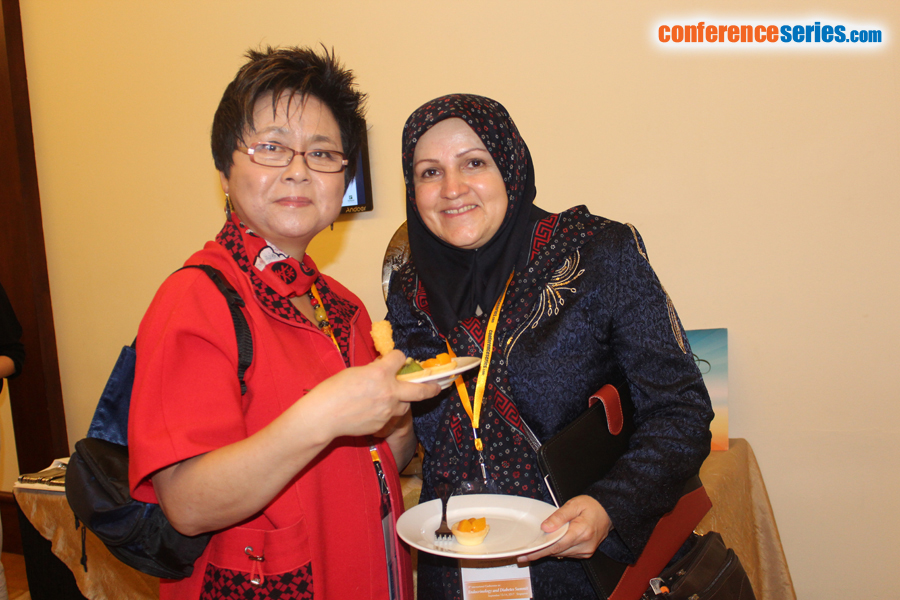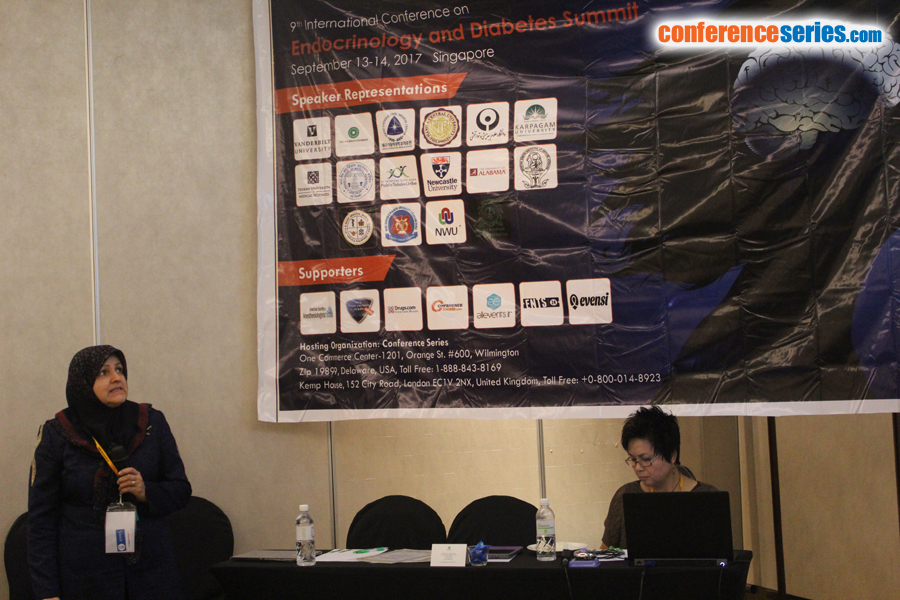
Seyedeh Fatemeh Vasegh Rahimparva
Tehran University of Medical Sciencess, Iran
Title: Procrastination as a key factor in diabetes screening: A qualitative study in women with recent gestational diabetes
Biography
Biography: Seyedeh Fatemeh Vasegh Rahimparva
Abstract
Introduction & Aim: Women with recent gestational diabetes mellitus (GDM) are at elevated risk for developing type-2 diabetes. Despite the recommendation for postpartum diabetes screening in these women, the rate of the screening is low. The objective of this study was to conduct the experiences of Iranian women with recent GDM on process of diabetes screening.
Methods: This qualitative study was conducted in Tehran, Iran in 2016. 22 women with recent GDM, who gave birth a minimum of 6 months before interview was selected by purposeful sampling method. The women were asked about their experiences about the process of attendance/not attendance in diabetes screening at 6 weeks to 6 months after child birthing by using semi-structured interviews. The data was analyzed by using grounded theory method.
Findings: Three main categories were extracted as postpartum diabetes screening process in women with a recent GDM, including “to be aware”, “to be sensitive” and “to perceive the severity of the threat”. Also the outcomes have been classified into four levels: Selective screening, accidental screening, primary lack of screening, and secondary lack of screening. In our study, the participants had a range of procrastination in the screening from no procrastination in selective screening to high procrastination in secondary lack of screening. Sometimes the participants had intention to the screening but without action, did not do the screening due to self-deception and perceived the screening as lacking immediate reward (three main features of procrastination); so due to procrastination, they did not do the screening. Screening in the range of procrastination, as the core category, was the most obvious concept that implicitly existed in all the data.
Conclusions: Even when sensitivity and perceiving of the threat about diabetes have been activated in women with recent GDM, procrastination may cause the women not to undertake the screening.



